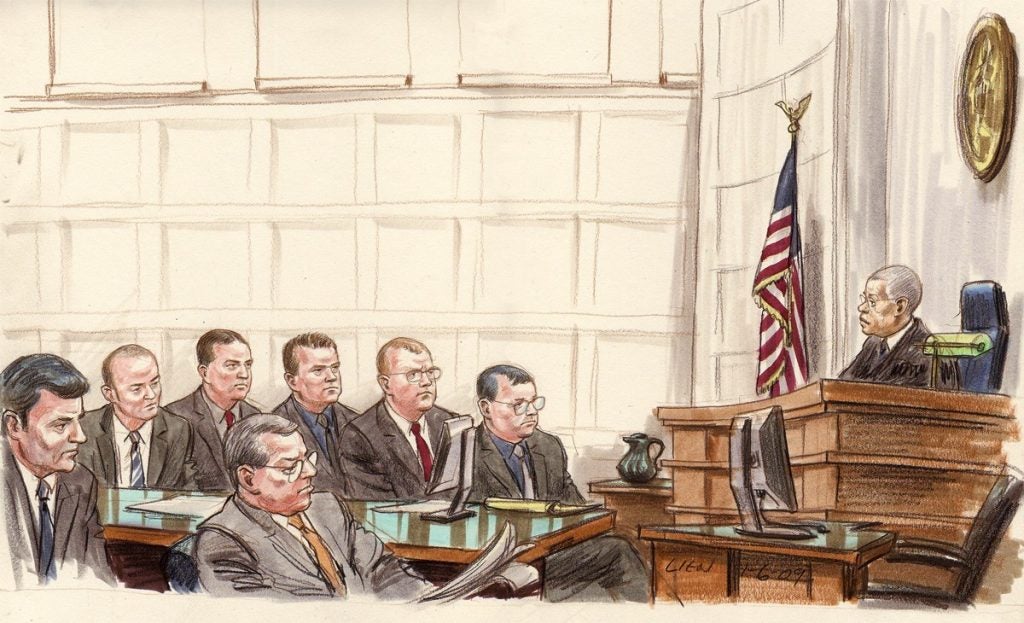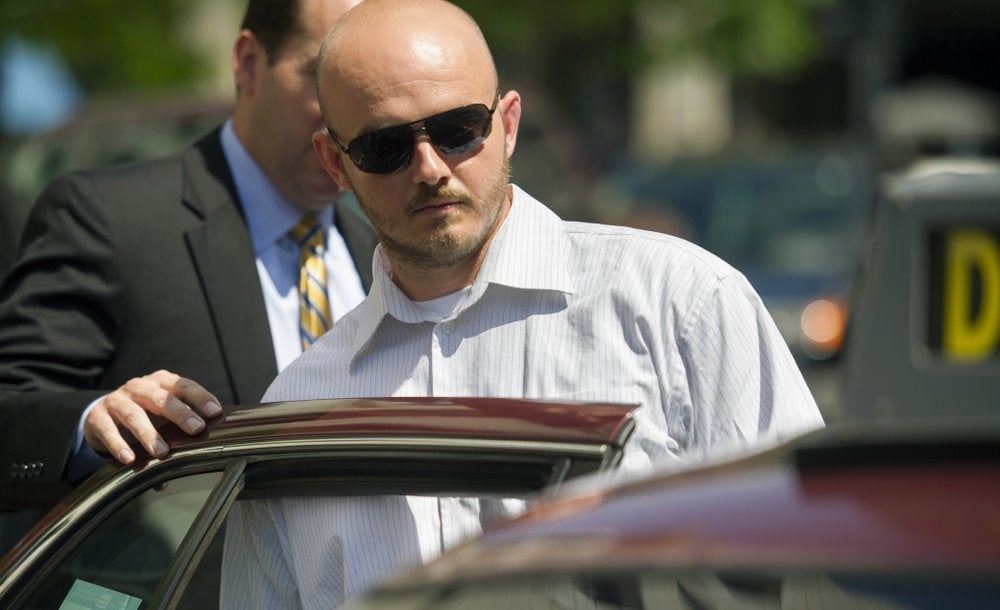Trump Pardons Blackwater Contractors Previously Convicted for War Crimes
In 2007, employees of the Private Military Company (PMC) Blackwater (now Academi) opened fire on civilians in Nisour Square, Iraq. 17 people were killed and an additional 24 injured. The company initially claimed that their employees acted in self-defense and that:
“The ‘civilians’ reportedly fired upon by Blackwater professionals were in fact armed enemies, and Blackwater personnel returned defensive fire.”
Nevertheless, the inescapable fact of the matter was, as the US State Department succinctly declared, that “innocent life was lost”. Investigations by Iraqi authorities and the FBI quickly found that the Blackwater story didn’t hold up; their employees had undoubtedly opened fire on unarmed civilians without provocation and 14 of the 17 deaths were deemed completely unjustifiable. Moreover, the FBI found that the PMC had a history of aggressive activity, being the first to open fire in 80% of its reported engagements. In 2015, four Blackwater guards involved in the massacre received prison terms.

At the end of December, President Trump decided to pardon all four of the convicted Blackwater contractors leading to international outcry. The FBI agent responsible for the case wrote to the New York Times stating:
“I’m so glad that I’m retired and will never again be asked to risk my life and those of my fellow investigators, only to have killers pardoned for purely political reasons. […] I believe we will pay a heavy price in our relationships with other countries as a result of these pardons.”
The UN was also quick to protest. A spokesperson of the UN Human Rights Office (OHCHR) highlighted that a lack of punishment will only lead to repeated tragedy and called for the US:
“[…] to renew its commitment to fighting impunity for gross human rights violations and serious violations of international humanitarian law, as well as to uphold its obligations to ensure accountability for such crimes.”
The case is not the first time President Trump had controversially pardoned a convicted war criminal. Last year, Chirs Lorance, an inexperienced lieutenant who unlawfully ordered fire on distant, unarmed motorcyclists which lead to the death of two Afghan civilians was also pardoned by the president. Members of Lorance’s platoon have been the pardon’s harshest critics.
Regardless of the moral implications of pardoning convicted war criminals, it is clear that these actions only lead to resentment among local people and undermine any American military objectives in the region. Perhaps, this is best summed up in a comment by one of the 2007 massacre’s survivors, lawyer Hassan Jaber Salman: “the American justice system is known to be a fair system, but it turns out that the American justice system is not fair.”

